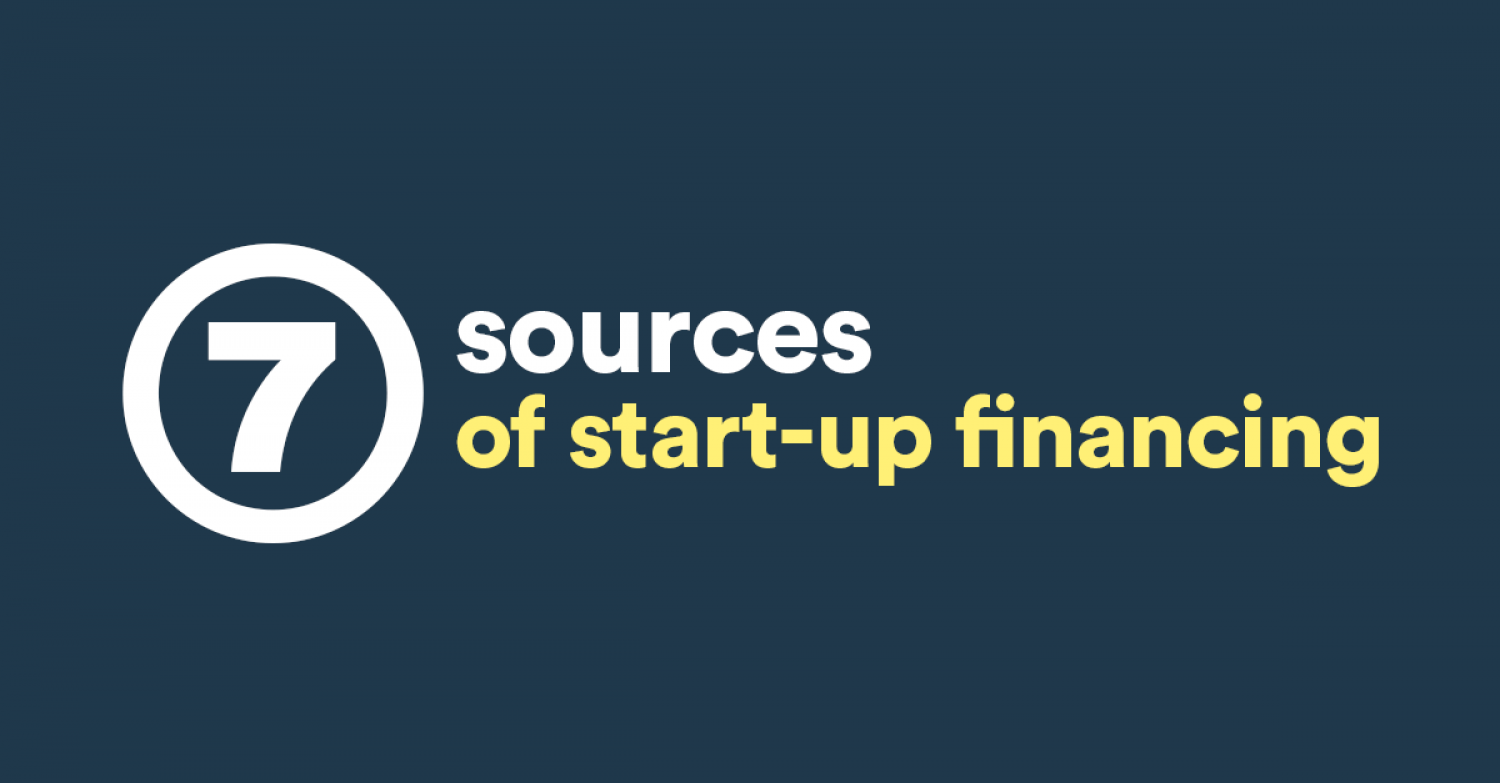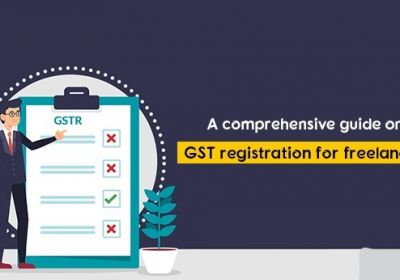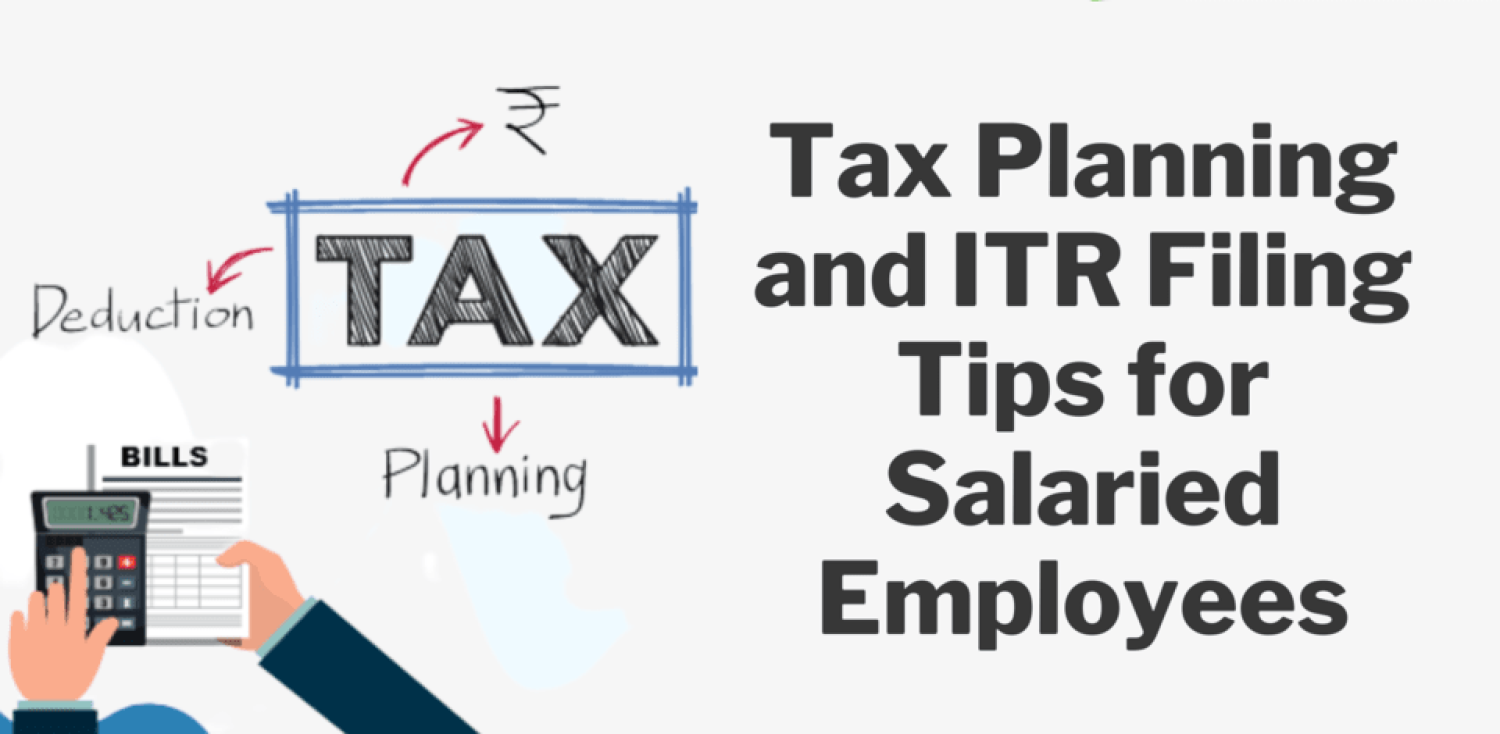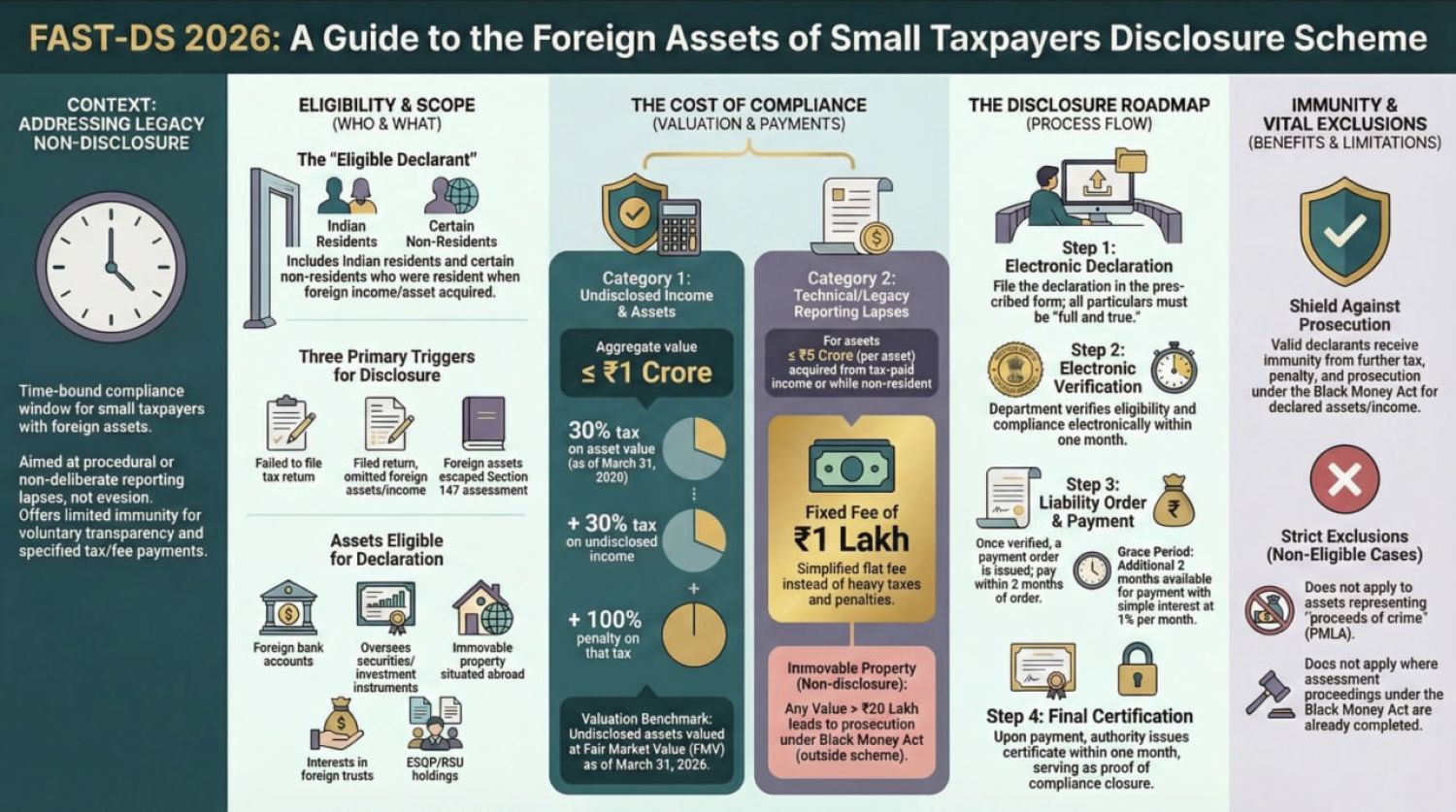Table of Contents

COMPLETE UNDERSTANDING OF START-UP FUNDING
BRIEF INTRODUCTION
The startup company you founded is that the brainchild of your ideas and you have got successfully completed your private limited company registration, Finance is that the lifeblood of any business and understanding Fundraising options for startup companies is critical for the success of the corporate In case the venture is self-funded there is no better option than that, during this article we'll find out about START-UP.
FUNDING OPTIONS AND COMPLIANCES
If you're an early age Startup and aiming to raise/raising funds through angel Investors or Venture capitalists. There are visiting be some compliances associated with funding. which each and every Startup raising funds must follow. During this post, we'll discuss the Pre and Post Funding compliances checklist that each Startup has to follow at the time of raising funds in 2021.
SOURCES OF FUNDING
- Seed Capital and Early-Stage Funding
- Equity Funding
- Debt Funding
- Mezzanine Financing
We at Rajput Jain and Associates have helped a score of companies providing end to finish support for funding compliances.
As you recognize receiving equity funds requires an exchange of shares reciprocally, now the method of Issue of shares are often wiped out two ways offering, and personal Placement.
Rights issue refers to the issuance of further shares to existing shareholders of the said class of shares. Basically, the correct to speculate further within the company consistent with their existing shareholding has been incremented.
Private Placement comes into the picture when the shares are to be issued to an investor who doesn't hold any shares within the company.
COMPLIANCE IN EQUITY FUNDING:
PRE-FUNDING
A. Change of authorized capital (if required):
if the Authorized share capital of the corporate isn't sufficiently high. it's required to be increased first before doing the other compliance to issue fresh shares.
B. Prepare Draft of Offer Letter:
Draft of the offer letter of issue of shares must be prepared. during this draft, all the data associated with company valuation, shares allocation, the face value of the shares, etc. have to be finalized.
C. Conducting a board meeting:
A board meeting has to be conducted for approving the subsequent points. A notice has to be sent to any or all the members before 7 days of the meeting.
- Considering the Valuation report: A valuation report has to be prepared by a CA/Registrar valuer. And same has to be approved within the board meeting.
- List of Allottees: The list of all the new shareholders has to be finalized.
- Offer Period: the choice regarding the offer period has to be finalized.
- Opening a checking account: A fresh bank account during a Scheduled bank has to be opened for the aim of receiving the investment only.
- Finalization of the drafting of the Offer Letter: the offer letter to be issued to the shareholder shall be drafted and finalized.
- EGM Finalization: The date, day, venue and time for the Extraordinary general meeting (EGM) needs to be finalized and spot for EGM and therefore the Explanatory Statement to be attached.
D. Conducting of EGM:
An Extraordinary general meeting must be conducted with the objective of passing the special resolution for the allotment of shares. The said special resolution shall be valid for a maximum period of 12 months. A whole record for private placement must be prepared in form PAS-5.
E. Issuance of offer letter:
Once the approval of the issue of shares is obtained, the private placement offer letter draft has to be shared with the allottees within 30 days, through physical or electronic message. an entire record of the allotment has to be filed with the Registrar of Companies (ROC). Once this is often done the corporate can receive funds from the investors.
POST FUNDING
A. Allotment of shares:
In case of offer, the appliance money is often paid within the type of cash also. just in case of a non-public placement, the share application money should come from the Investment Account of the corporate through banking channels only.
After receiving application money, the second meeting is held for approving allotment and issue of shares. Within 60 days of receiving the funds, the shares must be allotted to the allottees and after allotment, within 30 days a return of allotment must be filed with the registrar of companies.
B. Issue of share certificate:
The issuing company is required to allot and issue a share certificate to their investor within 60 days from the date of allotment of shares. It cannot use cash until the certificate is issued. If the corporate doesn’t issue a share certificate within the desired time, it'll return the cash to investors.
Following additional compliances are applicable just in the case of Foreign/NRI Investors:
- Advance Reporting Form: this manner is to be filed with the reserve bank of India within 30 days of receiving funds. This contains information regarding funds as KYC of Investors
- FC-GPR Form: this way is required to be filed within 30 days from the date of issue of shares. during this form Certifications regarding the procedure, compliance must be certified from an organization Secretory. together with this, a valuation certificate certified by a CA must be submitted. These documents are required for filing form-FIRC and the same will be issued by the company’s bank and KYC issued by the investor’s bank.
If you wish any help with the above fee unengaged to reach bent on us at Rajput Jain and Associates or write to us at singh@carajput.com.
WORKING CAPITAL FUNDRAISING
You should target a pair of areas as you're preparing for a fundraising campaign. First, get your house so as. Our due diligence checklist is going to be helpful in pulling together the mandatory documents but also will put you within the right frame of mind about what lies ahead. Here’s a fast list of the things you must desire to get yourself and your company ready:
- Create your narrative: This sometimes is observed because of the elevator pitch, but you wish to craft a compelling story about your company to catch the investor’s attention and rise above the competition for those dollars.
- Polish your business plan: confine mind, seed and risk capital investors hear hundreds, if not thousands of pitches every year, so that they aren’t visiting want to require time to read an in-depth business plan, but they are doing must understand your company, your competition and your home within the market.
- Create a winning pitch deck: together with your narrative and business plan, your pitch deck is your best chance to inform your story in a very compelling fashion. an excellent pitch deck will be brief, but it must pack a punch. a number of the best startups launched with an easy pitch deck.
- Get your documents in place: Don’t wait until it’s time for due diligence to tug all of your financial and legal documents together. Organizing your data room contents before pitching will put you prior to your competition.
The other important phase of your preparation is to induce your investor list on:
- Types of VC firms: A key start in researching possible investment firms is to know their niche. Some firms are geographic-specific, as in they only invest in companies based in a very specific state or country or the other regional designation. Some firms specialize in women or minority entrepreneurs. Many specialize in specific industries, like tech companies, SaaS companies, medical supplies, etc. If you're thinking you wish multiple investors and you would like to land a lead investor, you wish to form sure your primary target is willing to be a lead investor.
- Have a knowledge of the investment size: the person will not be required to approach a VC soliciting for a $3 million investment after they only want to take a position of $50 million and up. Nor does one want to kindle $50 million from a VC that tops out at $10 million. This is also an honest time to search out out if they currently are investing. Some companies will still take pitches whether or not their money is pledged and that they aren’t making any new investments.
- First contact: Consider how you're visiting make your first contact with any potential investor:
- Warm introduction: Knowing someone who knows someone always is that the best in. Your seed investors might provide you with an introduction or another founder who has been through the VC process.
- Cultivate contacts: Attending seminars and workshops where startup investors are presenting could be a good networking strategy.
- Cold contacts: Sending emails or trying to induce a phone call through is that the toughest approach, but it’s still doable. Commenting on investors’ social media is also another way to get noticed.
MEETING WITH VC PARTNER
As you schedule your initial meetings, it’s best practice to compress the meetings into some weeks if possible. Fundraising is distracting and it's better to try to do so in an exceedingly focused manner. you cannot pin all of your hopes on one meeting going perfectly and finding the VC with the proper fit immediately, so if you're reprehension multiple VCs you wish to be ready to get away if the investor is prepared to maneuver ahead. Also, you'll create the potential to play offers off one another to induce better terms.
Have your VDR structured to share an initial amount of knowledge with potential investors, enough to be compelling but less than you're comfortable giving away.
Once the whole thing goes well, and the person becomes successful in the series of partner meetings, the lead partner will contact you and send a term sheet. The term sheet will basically state what proportion they're offering, for what equity stake and what role they might expect to require with the corporate. The term sheet will basically provide a valuation to their company.
The person is advised to undertake a brief review of the term sheet before signing the same. Most term sheets will include an exclusivity clause, so once you sign a term sheet, you're done negotiating with other potential investors. The exception would be if you're signing with a lead investor and seeking other investors.
Where any issues arise on the part for due diligence, the investor is advised to seek the revision in the terms during final negotiations.
DUE DILIGENCE
Investor due diligence is that the process your working capital investor goes through to make sure your company is legitimate and therefore the information you provided through the courtship process is accurate.
During due diligence, the investor will have attorneys reviewing your status, accountants reviewing your finances and projections, other specialists reviewing your customers, suppliers and competition.
The due diligence process can take some weeks or months. the higher you've got prepared your virtual data room for the deal, the longer you’ll save. All of the needed documents are kept in a very central repository, eliminating the necessity for the investor’s representatives to return back to you with more questions or seeking more documents, dragging out the method. Our free due diligence checklist will help make sure you have all the documentation in situ well before it's needed.
Your VDR also allows you to manage who has access to needed materials during due diligence. You’ll be ready to monitor who is accessing documents, which also gives you a heads-up about where the investor is in their due diligence timeline. One tip about due diligence: Don’t lie around anything. you're basically stepping into a really long run relationship together with your capital investor, and also the truth will pop out during due diligence. Any untruth that comes out can scuttle the deal after you’ve invested much time and money within the effort.
For any assistance on startup fundraising and compliance, contact the virtual auditor support team at singh@carajput.com or contact us at 9 555 555 480

















